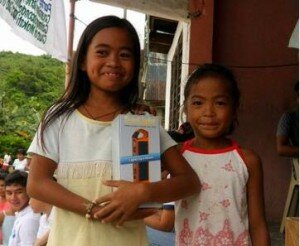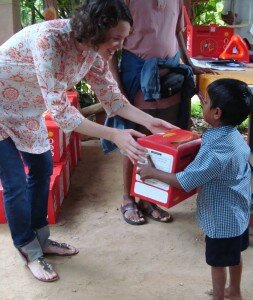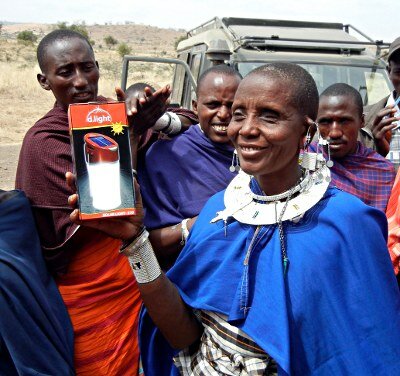February 2017
By: Markie Cleavland-Yeakel
The village of “Las Brisas” is a part of the “Pueblo Nuevo Viñas” municipality and lies about an hour’s trip to the southeast of Guatemala City. Nineteen families , with about 65 residents, live in the village, including 19 school age children. As with many rural communities in this area, the men of “Las Brisas” work as day laborers on the surrounding coffee plantations and grow food crops on tiny parcels of land around their houses. The average family income is under US$2 per day. A few years ago an International Charity and the Ronald McDonald house built several homes out of wood with metal roofs but many others are adobe with metal or tile roofs. At one time electricity reached the village, but thieves took down the wires to sell for the copper content and the Guatemalan Electrical company doesn’t have the resources to restring the wire. Added to that, the inhabitants are so poor that they wouldn’t be able to pay the connection fee or the monthly charges, so kerosene and candles are their light source once the sun goes down.
On February 10th. we traveled to “Las Brisas” with two representatives of the Nutrition Ministry. As part of their work these professionals go to the most remote and poverty stricken areas of the Department (State) and get to know each community and the needs of the residents. We were met by the village school’s only teacher who had asked the families to have a member at the school house to meet with us. Over the next two hours we explained the working of the two models of lamp that each family would receive as well as how to care for them. Each lamp bore a sticker with the first names of the people who had donated the lamp plus the logo and name of “One Million Lights”. Each family received one small light for general illumination plus one of the bigger units that not only worked as a lamp and flashlight, but also allows a basic telephone to be charged. As in the case of the electrical wires, the landline telephone company of Guatemala does not string wiring up and down the mountains to lend service to the many tiny villages scattered through the valleys and up the mountainsides. Cellular phones are the only method of communication with the outside world and to summon help when a problem occurs. Now, not only can the residents light their houses with no contamination or expense, but the children can read and do their homework and they all can communicate using the inexpensive pay-as-you-go phones. The twentieth lamp set was left at the school for the use of the teacher and also to make the school house useable for town meetings and adult literacy classes in the evenings.
In addition we took the children twenty educational kits made up and donated by the Spanish students at the Argyle and Lake George New York schools. The teacher in Las Brisas told us that they were a most welcome gift since the Ministry of Education hadn’t sent any supplies to them for the new school year and the parents could not afford to pay for notebooks nor any of the other needed items.

 After a week-long distribution of 180 solar lights, Light Ambassador Sierra Fan reflects on her experience in the Philippines.
After a week-long distribution of 180 solar lights, Light Ambassador Sierra Fan reflects on her experience in the Philippines.
 The absolute joy in the face of a child who has just received his very own solar light… so that he can read at night… is 100% worth every penny.
The absolute joy in the face of a child who has just received his very own solar light… so that he can read at night… is 100% worth every penny.
 Ambassador Jessica Matthys: The solar lanterns will make a significant impact on these women‘s lives.
Ambassador Jessica Matthys: The solar lanterns will make a significant impact on these women‘s lives.